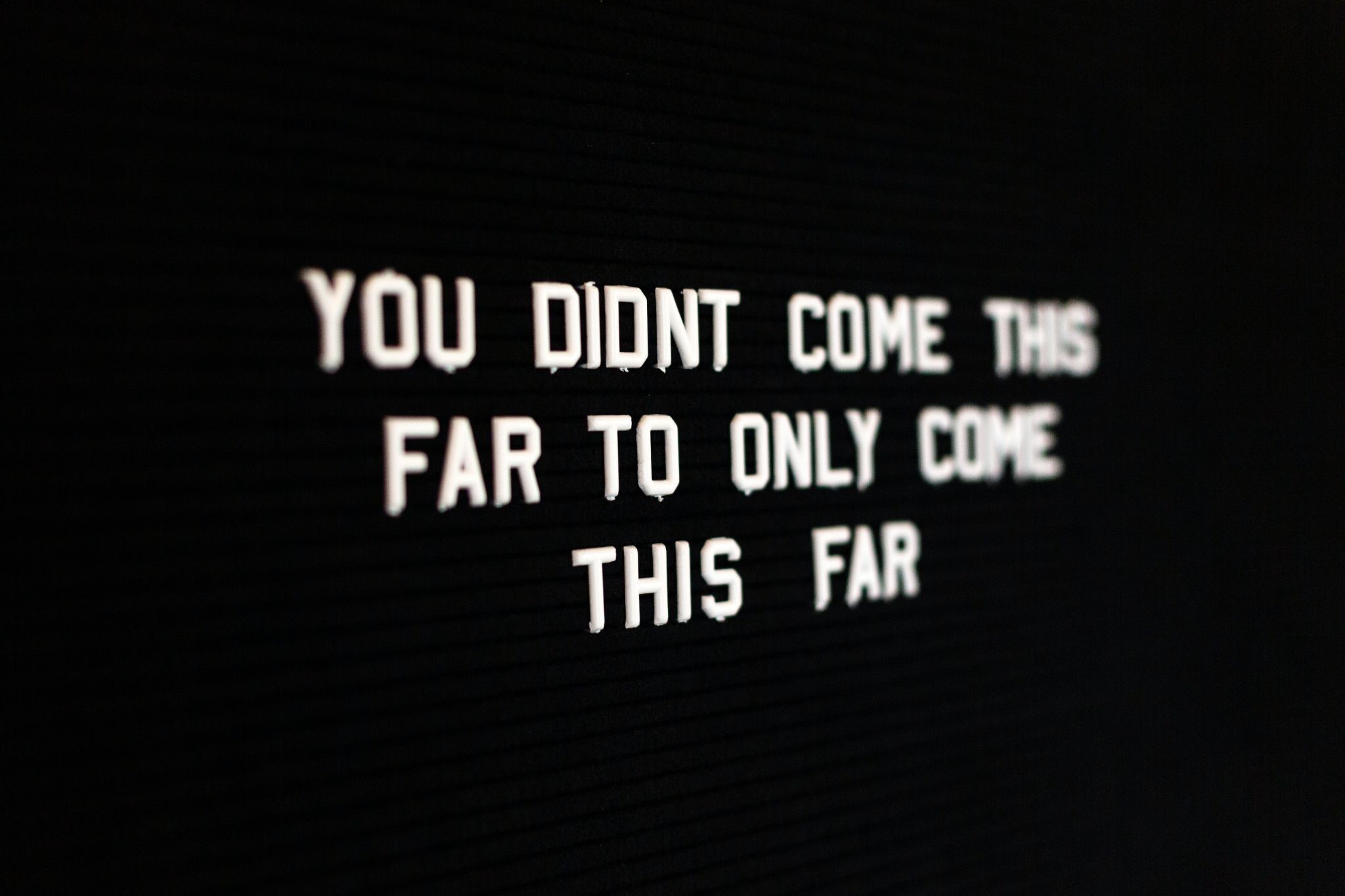Education 1.0 was a time in our childhood when all knowledge and information came from the teacher at school or the parent at home. As we moved on to Education 2.0 & Education 3.0 with increased access to information, learning became accessible anywhere and anytime. Global connectivity and smart machines are some of the drivers reshaping how we work, what constitutes work, and how we learn and develop the skills that will be needed for future work profiles. Other factors like the COVID-19 pandemic have given the extra impetus and will definitely result in changes of a different magnitude in our environments and the way we live life going forward. McKinsey and Company have listed the future of skills required in 2030 compared to those required in 2016. According to their research based on US & European markets, more time will be spent on sectors requiring higher cognitive skills, social and emotional skills, and technological skills as compared to physical skills and lower-order thinking skills. Schools would therefore need to redesign their curriculum in order to equip the students for future skills. Moving out of the Comfort Zone ….The words of Roy T. Bennett, “change begins at the end of the comfort zone” could not ring truer in the current times. It’s about time we are not happy to live in the past and make use of opportunities that are presented before us by the technological and connectivity advancements. Therefore it’s important to achieve the much-needed paradigm shift in the education system. To achieve this paradigm shift we do need to rely on extensive research and learnings from thought leaders in the field so as to not be reinventing the wheel. Learning going forward would be experiential and will move beyond the boundaries of a traditional classroom. Poking and Prying with a Purpose …..Zora Neale Hurston once said, “Research is formalised curiosity. It is poking and prying with a purpose”. The time is now to poke and pry and ensure the best solutions are found for the toughest of problems. So what are the problems/concerns/difficulties that come in the way of running an efficient school system? - (1) Managing Inclusive Classrooms (2) Creating Real-World Experiences (3) Effective Parent-Teacher Communication (4) Behaviour Management amongst many others. But none of these is unsolvable and there is sufficient research-based evidence that is available to support your quest for a solution. The importance is to spend time on acquiring the necessary knowledge and skills. Waiting for the next case study ….Seth Godin says “if you wait until there is another case study in your industry, you may be too late”. In the context of Education 4.0 if as leaders or institutions you wait for others to be the first innovators, the first problem solvers or the first creative thinkers you never be able to meet the needs of your stakeholders. It’s important to be the thought leaders in your space and learn from thought leaders in the spaces you are not familiar with. Its time we moved beyond the boundaries and allowed every life experience to be a teacher. Ending with an all-time favourite by Dale Carnegie -"Most of the important things in the world have been accomplished by people who have kept on trying when there seemed to be no hope at all.". Go INITIATE - INFLUENCE - GROW.Carpediem would like to acknowledge the use of Photo by Drew Beamer on Unsplash


